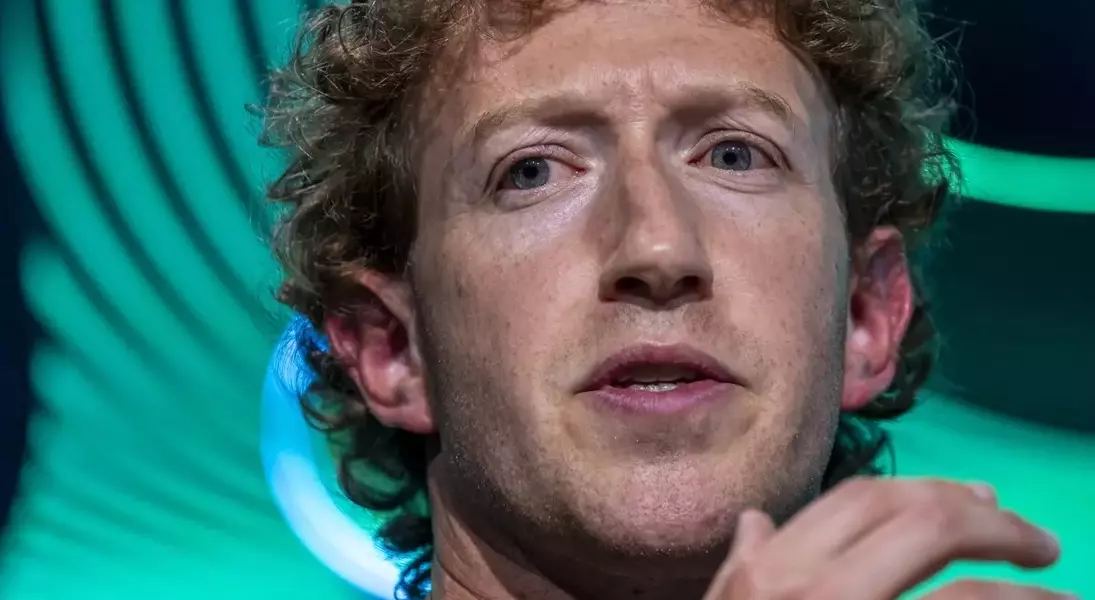
The competition in the artificial intelligence sector has reached unprecedented levels, with Meta emerging as a formidable player aiming to outshine its rivals. Internal communications recently revealed through court filings show that the company's leadership and researchers were intensely focused on surpassing models like GPT-4 from OpenAI. In particular, Meta’s VP of Generative AI, Ahmad Al-Dahle, emphasized the importance of achieving this goal, noting the substantial resources at their disposal. “We have an enormous amount of computing power,” he stated, “and we need to leverage it to push boundaries and lead in this race.” This competitive spirit was evident across various messages, where the emphasis was not only on innovation but also on securing a leading position in the industry.
While Meta is known for releasing open-source AI models, the focus within the company was more on outpacing competitors who do not openly share their model weights. Anthropic’s Claude and OpenAI’s GPT-4 were frequently referenced as benchmarks to aspire to. In contrast, smaller competitors like Mistral were often dismissed as insignificant. “Our capabilities far exceed theirs,” remarked one executive. The intensity of this rivalry was further highlighted by discussions about acquiring high-quality data for training, sometimes raising concerns over ethical boundaries. Touvron, a key researcher, pointed out the need for better data sources to enhance the performance of Llama 3, which eventually became highly competitive upon its release in April 2024.
Despite the intense drive to excel, the pursuit of excellence must be balanced with ethical considerations. The internal messages underscore the importance of responsible development practices, especially regarding data usage. As companies strive to innovate and compete, ensuring that advancements are built on solid, ethical foundations remains crucial. Meta’s journey toward creating advanced AI models reflects the broader industry challenge of balancing ambition with integrity. The future of AI holds immense potential, and fostering a culture of responsible innovation will be key to unlocking its benefits for society.
